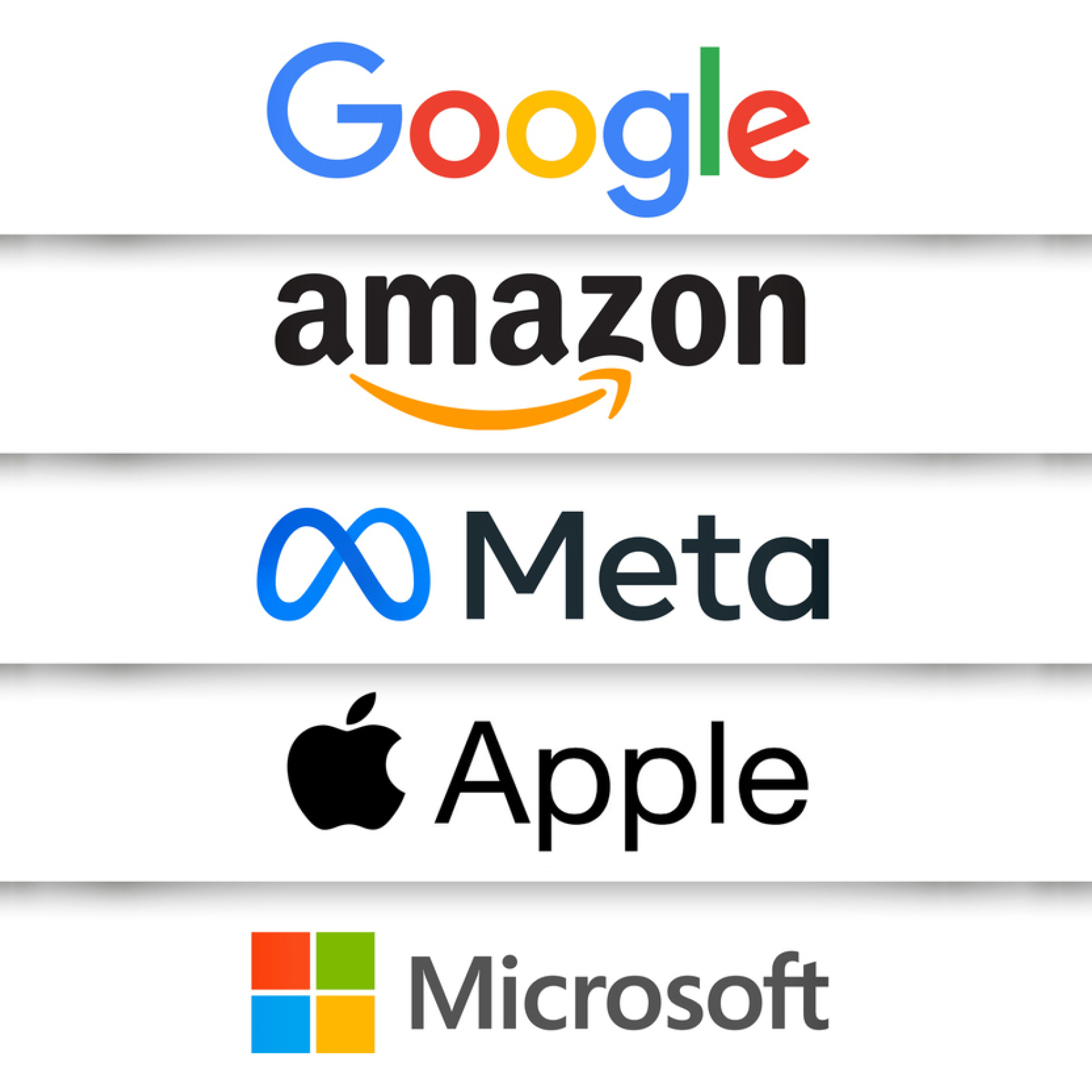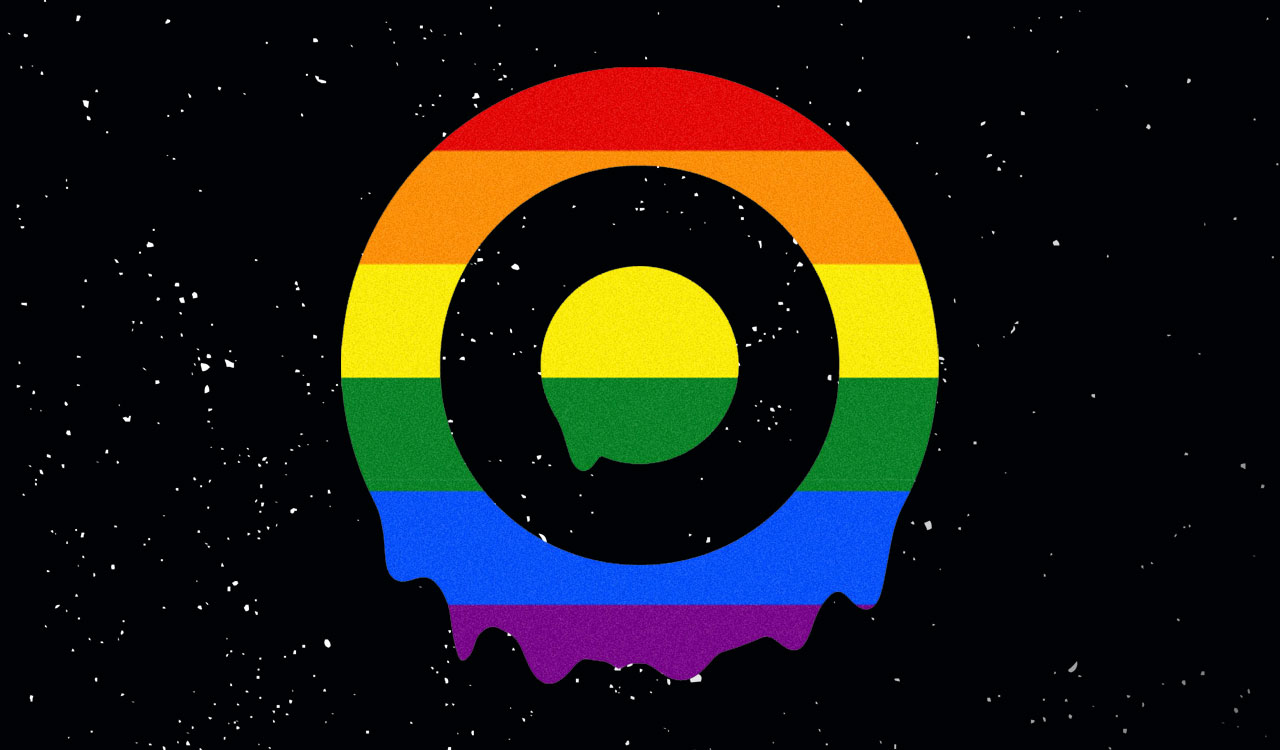Let’s take a pause. Have you been keeping track of the tech news? We’re entering a new phase of our obsession with technology and its influence. This is not an essay on turning a blind eye to the power of technology nor a rejection of its synergistic role in improving the human condition. But rather, this is a voice for the skeptics that are monitoring our steps and missteps. What does it have to do with retail? It has everything to do with how everyone is navigating a brave new world that has no unified playbook – and that includes leadership, the workforce, and customers.
Modern Gods
So, first a moment of context. For decades we have been reeling from the unbridled worship of big tech. For starters, just look at the monumental architecture of their corporate headquarters as temples to tech. On the positive side, the country initiated widespread support of STEM curriculum. Girls who code became a badge of honor. The U.S. became the mecca for students from all over the world to study at our universities and compete for engineering degrees … and jobs. A legion of 20-year-olds drank the startup Kool-Aid and raised millions of dollars to fund so many solutions looking for a problem.
The challenge of communicating with colleagues has become increasingly difficult. With the proliferation of tech experts and Next Gens in the workforce, we often need a translator to ensure we all understand each other.
Apple, Amazon, Alphabet, Microsoft, and Meta became corporate gurus dedicated to reimaging our collective future. Twitter and TikTok became the preferred source of news and information. Instagram and Snap took everyone down rabbit holes appealing to their vanities. And Activision, Electronic Arts plus a myriad of other game developers stole our attention and dropped us into a ready-player-one black hole. Everyone thought they’d get rich riding on the coattails of the big tech geniuses.
Our love affair with tech enabled the rise of next gen tech entrepreneurs including Mark Zuckerberg, Elizabeth Holmes, and Sam Blankman-Fried. Yes, there are others. Just saying.
Fault Lines
And then the veneer began to crack. Privacy. Misinformation. Bullying. Shaming. Self-indulgence. Narcissism. Bias. Losses of millions of dollars. Unbridled, unbounded consequential decision-making of young, inexperienced leaders that left many in the business world thinking what the hell.
We have become a culture of attention deficits; kids and their parents – even their grandparents — are becoming reprogrammed to prefer short form content. We are becoming time deprived, forcing the cultural conversation to “get to the point” before we lose interest. Next Gens are happy to communicate in texts, Tweets, three-minute videos and non-verbal social media – often among colleagues at work.
In our time pressed world and over-managed meeting schedules, we are impatient and too eager for everyone to get to the point — fast. It’s easier to digest sound bites instead of substantial dialogue and discussion. When you think about all this, what is our society going to look like in the near and longer term? How will our companies communicate? By sound bites?
Cause and Effect
As a collective mindset, the promises tech titans made seduced us with the excitement of possibility. We love to worship the pioneers and rule breakers. They make life more interesting. Yet, the cascading effect of the conceit of tech companies is creating a domino effect across our economy. They believed they were too big to fail, with the resulting waves of layoffs and pressure from the Street to go for the short term or go home. Suddenly after years of free passes, tech CEOs took million-dollar pay cuts. Tech stock prices became unstable. The public lost money. And through the haze, instead of being the hero, big tech started to look like the anti-hero.
Language Impaired
And there’s something else. The challenge of communicating with colleagues has become increasingly difficult. With the proliferation of tech experts and Next Gens in the workforce, we often need a translator to ensure we all understand each other.
Here’s a real-life example. A content team is struggling to understand how to load an apparel catalogue into a new software platform. The project lead from the platform is a developer who thinks with a literal, sequential mindset. The content team leader, although logical, is more of freeform thinker, making associations and finding patterns in conversations intuitively. Which is to say, the mindset is horizontal, holistic, and nonlinear. The two leads are currently at an impasse; neither individual understands the other, which makes conversations awkward, at cross purposes, and impedes forward progress. The inability to understand others can be a deal breaker.
This scenario happens every day in business. There is no mutual language for the meaning of technology between the engineers and the rest of us. I’m going out on a limb here. Our Western language construct is based on a medieval Christian-Judeo structure. It’s symbols and meanings have evolved over the centuries, but it does not have a language for technology. In other words, we try to apply symbols and meaning to technology based on 12th century ideas. The language of technology is mathematics, and trust me, most of us do not understand how to transcribe math into meaning and value in natural language.
Crossroads
So, here we are at a crossroads. Our businesses need tech to thrive. Our future depends on it. The current issues with ChatGPT may be only a blip on the radar screen of our future. Since human beings control tech as the input engineers (for now), tech will evolve as we evolve as co-curators and co-conspirators. They say if you know how to code, you have all the power. They also say the poets have the power to move the emotions and destiny of an entire civilization.
We can do a better job of bridging the two worlds. We really have no choice. Since shared language is the currency of any business, we need to embrace both worlds and unleash the language of our co-reliance on tech and its promise to make the world a better place for the seventh generation. Sound like a naive Pollyanna view? Ask any kid what he or she wants for the future. Safe space. Trust. Respect. Understanding. Appreciation. Purpose. Work that matters. And to be a part of something bigger than themselves. That’s what an enlightened retail leader can offer. And that’s what the larger retail community can build for its stakeholders with technology as a partner, not as a silver bullet.




